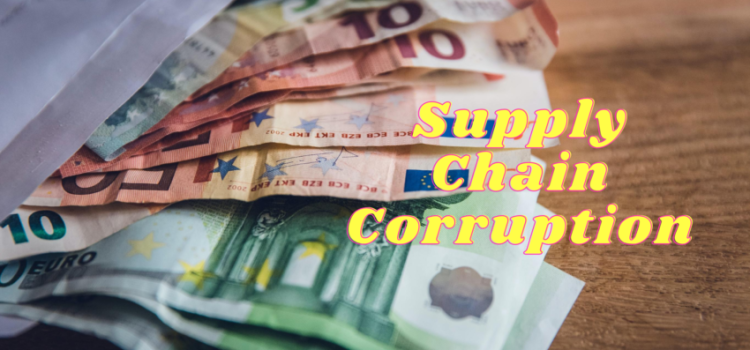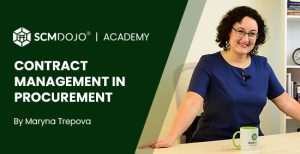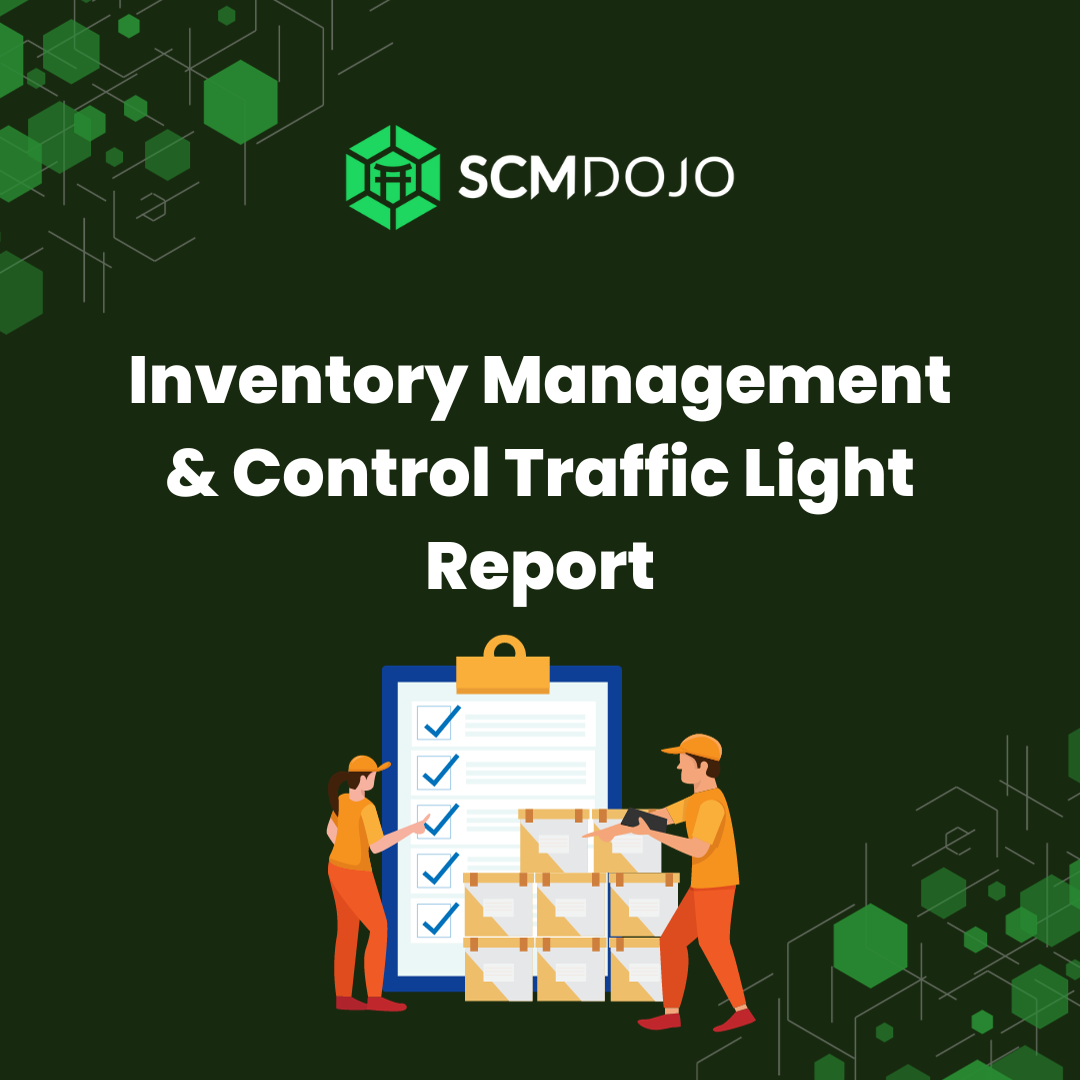How to avoid corruption in supply chain (post-soviet countries perspective)?
While there is a great possibility of reducing your logistics costs by building your manufacturing or distribution facilities in developing or best cost countries there are few things, that business executives should take into account before starting operations in emerging markets. Even if it would be economically efficient for a company to open a wholly-owned subsidiary or make a strategic alliance with a local firm, great effort should be concentrated on keeping an eye on your reputation. In the places where chances of corruption is high, the biggest risk of harming your company’s image is derived from the possibility of bribery occurrence through your supply chain. And a question I would try to answer is:
How to Reduce The risks of Corruption Supply chain?
How differs the process of deciding whether the company should enter a emerging market?
While choosing emerging markets in Europe or Asia as the next step in establishing your global presence, your central control should be tighter, with great emphasis on behavioral control systems. Traditional efforts of choosing suppliers based on their price and service offerings might not be appropriate. The ground of such reasoning could be noticed by doing a simple exercise presented below:
Imagine that you are a well-known furniture retailer and manufacturer from western Europe. You could reduce the overall costs of your production by 30% if you would start big-scale manufacturing in Ukraine. The first source of cost reduction is lower-paid employees, second source – one of the potential suppliers offers you an exceptionally low price of wood. Would you accept such an offer? You would probably check why the price of wood is so low and then make a decision. But what if you have 150 such suppliers, which have sub-suppliers and so on. In this situation, we could clearly notice, that before entering an emerging market or best cost, you should dedicate your effort to check if your suppliers or sub-suppliers are connected to officials, government enterprises, oligarchs and lists of potential reputation-harming factors is going on and on. In other words there are chances of corruption in supply chain.
Actions you Could Perform in Order to Prevent Supply Chain Corruption
If such analysis is successfully done, and you entered some of the post-soviet markets, your key focus remains the same – anti-corruption measures. There are plenty of ways, how you could reduce risks of bribery appearance through your supply chain. To most promising, we could refer: IT-systems for suppliers progress tracking; documents double-check; regular internal and external audits; anonymous whistleblower system for your and supplier employees. Below I would discuss each of these methods in more details:
- IT-systems for suppliers progress tracking: when you started your journey in a foreign market, a good way to go would be the immediate implementation of data-collecting applications. When you would have your “numbers” on each of your suppliers, your key-procurement employees would have less decision power in evaluating contracts.
One recommendation is to software like Procurement Flow to manage RFP, RFI and RFP’s, which act as Procurement savings and automation software.
- Documents double-check: this is an old but verified method for reducing the risk of employee exploitation of the company’s resources. It might be applied for both paper and electronic documents
- Regular internal and external audits: in most cases, the best way to execute audits, would be to send your headquarters representative to perform an audit. There is a high probability, that if your local key employees would have something to hide, they would bribe local auditors. So, in the case of audits, more important is quality than frequency. The same logic could be applied for audits of your suppliers.
- Anonymous whistleblower system for your and supplier employees: workers on each level should be regularly informed about the possibility to anonymously inform about unethical situations. In order to encourage employees to do that, proper training should be conducted, because, most probably, without additional stimulus from your side, they would be scared to say the truth due to cultural, financial causes or misinformation about legal responsibilities. Such a system should be easy and quick to use, with a guarantee of anonymity.
Additional Tips to Avoid Supply Chain Corruption
Another possibility to reduce risks of reputation damage is to systematically change key-procurement employees. This should be done in order to prevent the long-standing, personal relations through your supply chain.
Besides that, when signing a contract with a new partner, important is to check if this company is not related to some of your employees (for example relative of your head of procurement is the top executive in a company that could be a potential partner). The probability of such a situation could be reduced by hiring key employees from other regions of the country of operations.
If a foreign country presents a very high potential return of investment, but you are not sure in your capabilities to handle the whole supply chain, a possible but very risky way of entering a new market is to follow a modified strategy “fighting brand”. You could establish a new brand in the post-soviet market, and if some corruption-related actions would not be spotted and stopped in a reasonable moment, the probability that your “main” brand would be harmed is lower. It could be combined with a “global strategy” in international markets (same product, different package), which would allow you to enjoy the benefits of economy of scale. If your brand name is not crucial to your foreign success, such a way of doing business in a foreign market could be very profitable and is used by some international corporations.
Recommended Readings
Fighting Corruption in the Supply Chain: A Guide for Customers and Suppliers
About Author- Vladyslav Bahniuk
 Being a native Ukrainian I know, which consequences bring corruption.
Being a native Ukrainian I know, which consequences bring corruption.Current occupation: Supply Chain Professional, Energizer Holdings
Previous experience: Logistics Function, Whirlpool Corporation
My Linkedin
About the Author- Dr Muddassir Ahmed
Dr MuddassirAhmed is the Founder & CEO of SCMDOJO. He is a global speaker, vlogger and supply chain industry expert with 17 years of experience in the Manufacturing Industry in the UK, Europe, the Middle East and South East Asia in various Supply Chain leadership roles. Dr. Muddassir has received a PhD in Management Science from Lancaster University Management School. Muddassir is a Six Sigma black belt and founded the leading supply chain platform SCMDOJO to enable supply chain professionals and teams to thrive by providing best-in-class knowledge content, tools and access to experts.
You can follow him on LinkedIn, Facebook, Twitter or Instagram










